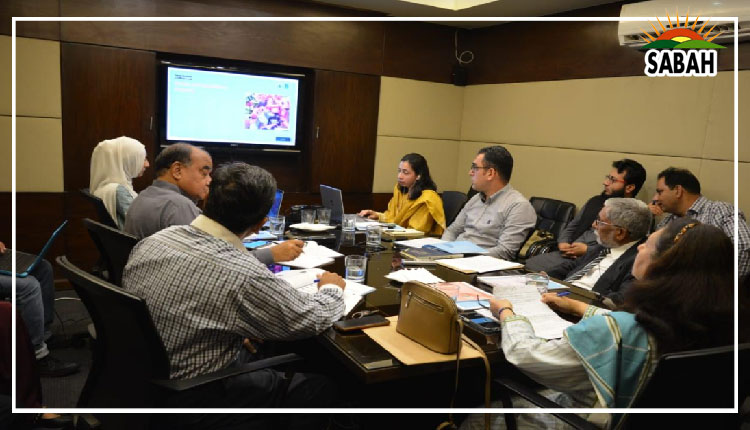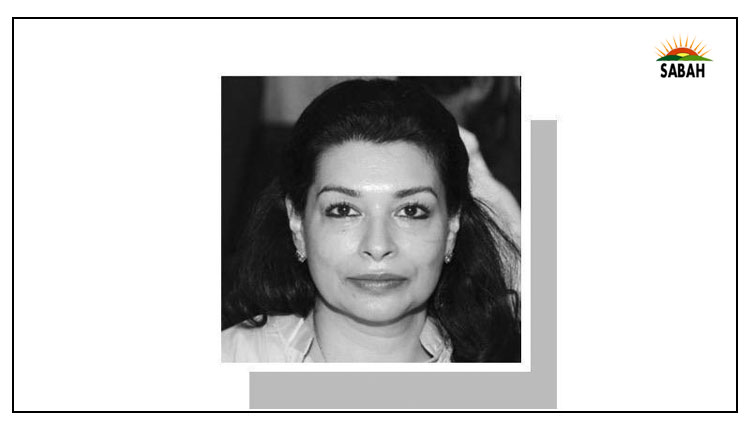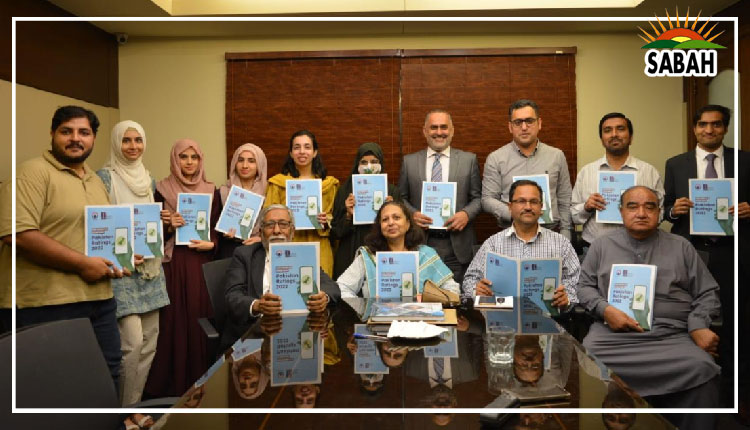Pakistan’s two percent labour force engaged in gig economy
ISLAMABAD, August 25 (SABAH): Pakistan has nearly 2 percent of its labour force engaged in the gig economy through online and location-based services.
An estimated half a million workers in the country work in the location-based platform economy, but it has been encouraging a race to the bottom regarding working conditions. Sevenof the most popular gige conomy platforms in Pakistan have been rated according to how fairly they treat workers.

Only Gharpar, Uber and Food panda were able to earn a score, obtaining one out of 10 each. The study found that most of the companies, such as,Careem, Cheetay, Bykea and Daraz failed to ensure minimum standards of fair work – such as ensuring all workers earn above the national minimum wage. This is the first study of its kind in Pakistan, scoring companies on labour standards such as pay, employment conditions, contracts, management and representation.
Dr Aliya Hashmi Khan (Labour Economist), Mutaher Khan (Columnist at Dawn News), Yaseen Aslam (President ADCU), Zahoor Awan (Member of ILO governing Body), Syed Muhammad Ali (Lecturer Johns Hopkins University), Raja Faiz ul Hassan Faiz (Former Central Labour Law Advisor) and Azhar Malik (Deputy Secretary HRD, Ministry of OP and HRD) were the panelists at the launch event of the Fairwork Report.
Iftikhar Ahmad, Founder CLR and Principal Investigator of the Fairwork Pakistansaid: “For the first time we have looked at companies offering ride hailing services, food delivery and courier and domestic services to rate them on how they treat their workers.
An unexpected phenomena of negative income hovers over the platform workers when their monthly costs exceed their incomes. He explained the problem of misclassification of workers and lack of legislation on the subject”.
The report, “Pakistan Ratings 2022: Labour Standards in the Platform Economy” ranks platforms against five principles of fair work, giving each company a score out of ten. The report finds that the majority of the seven platforms are failing to meet the basic standards of fairness when benchmarked against the Fairwork principles.
Dr. AliyaKhan elaborated the issue of gender disparity, the gig-economy work and important issues like the glaring disparity in the employment of women and men in South Asia. Mutaher Khan highlighted the possible reasons behind negative income and how it can be catered through social security.












